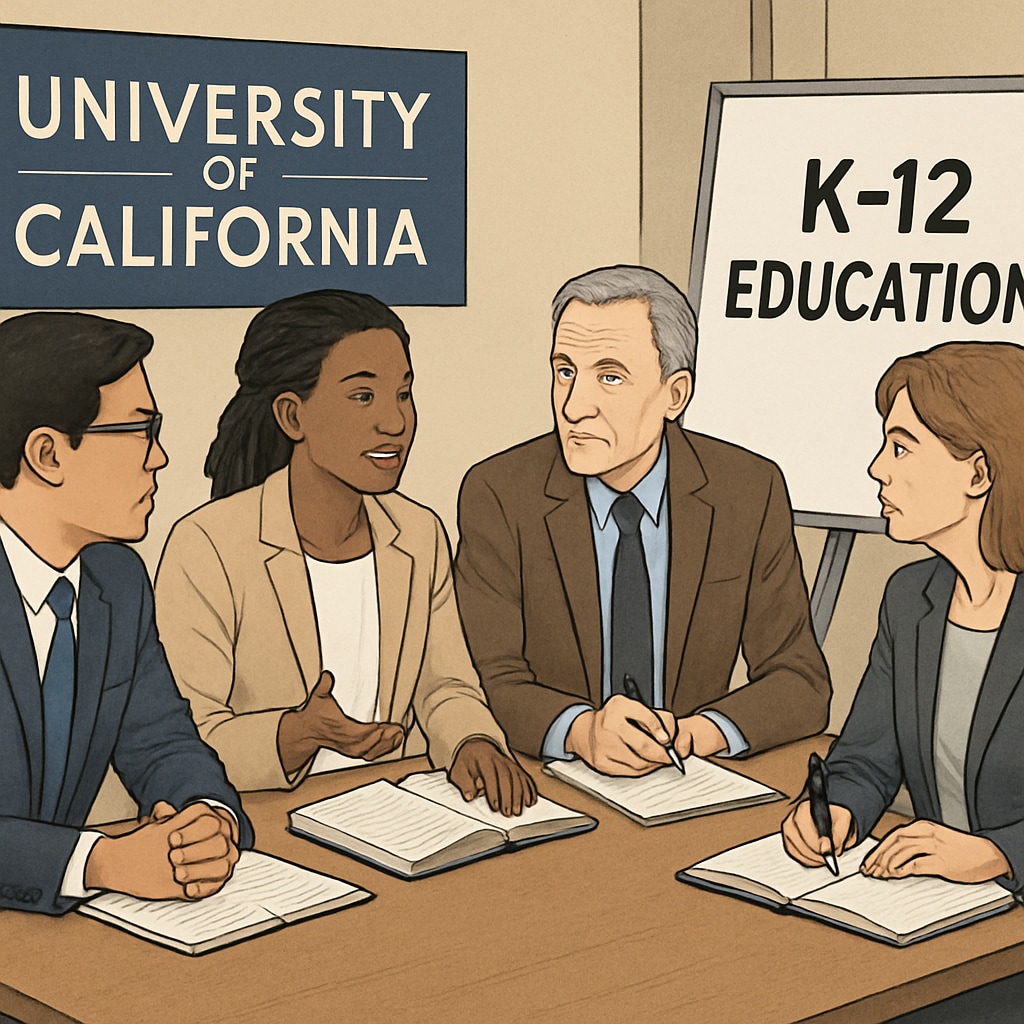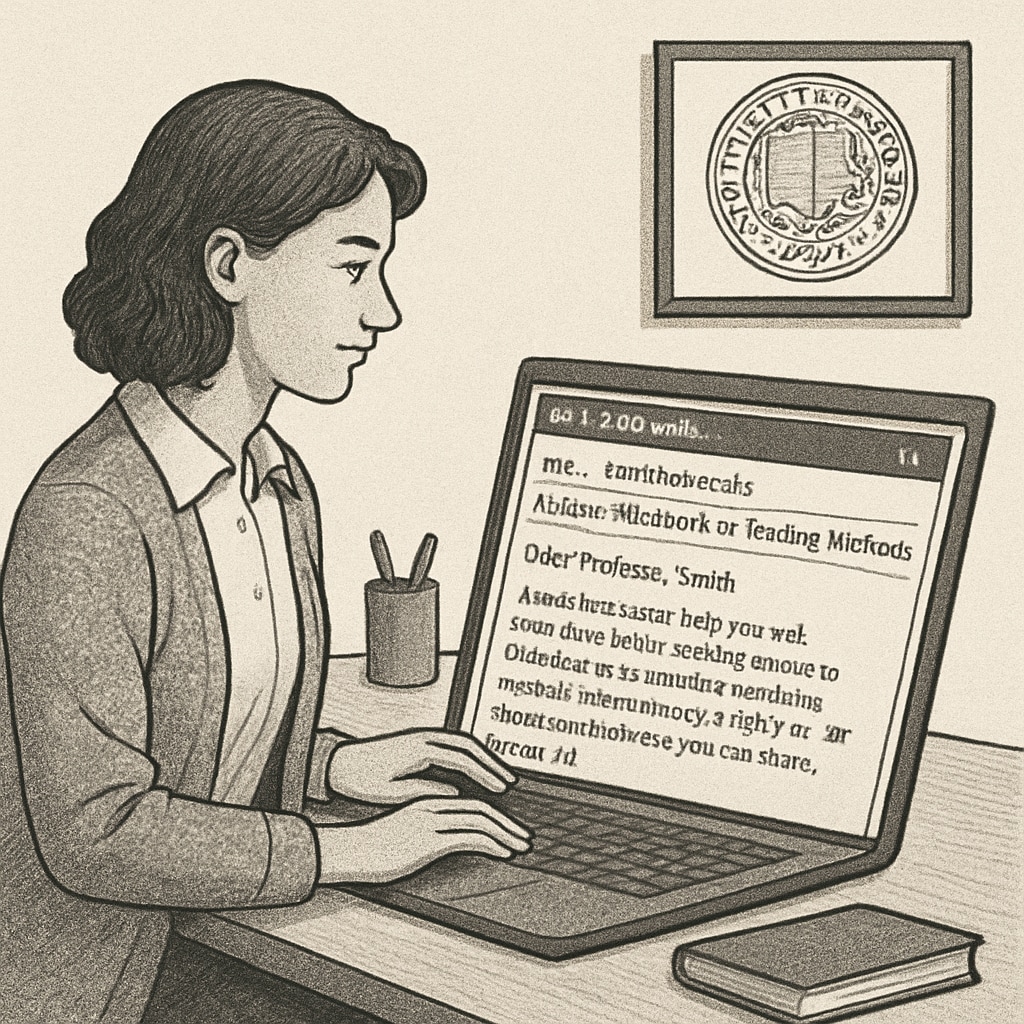The dynamic world of K12 education often requires innovative ideas and fresh perspectives to address unique challenges. One valuable yet underutilized resource lies within the expertise of University of California employees, particularly those engaged in education research and teaching. By tapping into their knowledge, educators and parents can bridge the gap between academic findings and practical classroom applications. Here’s how you can seek insightful advice and make the most of these expert connections.

Why Connect with University of California Education Experts?
University of California (UC) employees include professors, researchers, and specialists who often work at the forefront of educational innovation. Their work can provide actionable strategies for K12 educators and parents aiming to improve teaching methods or address systemic challenges. For example, UC researchers might have insights into effective literacy programs, STEM curriculum advancements, or strategies for inclusive classroom environments.
Building connections with these experts offers access to cutting-edge research and the opportunity to apply proven methods within diverse educational contexts. Additionally, collaboration with UC professionals can foster mutual understanding between higher education and K12 institutions, creating a more cohesive educational framework.
How to Approach University of California Employees
Reaching out to UC education experts requires thoughtful planning and professionalism. Start by identifying relevant departments or individuals whose expertise aligns with your needs. For example, UC’s Graduate School of Education might host researchers specializing in educational psychology, curriculum design, or teacher training.
Consider the following steps to establish meaningful connections:
- Identify Key Contacts: Look for faculty directories or research publications to find individuals whose work resonates with your goals.
- Craft a Clear Message: When contacting them, introduce yourself and specify the nature of your inquiry. Be concise yet respectful in your communication.
- Leverage Networking Opportunities: Attend UC-hosted conferences, webinars, or public lectures to connect with experts in person or virtually.
- Utilize Online Platforms: Platforms like LinkedIn or ResearchGate can help you find and approach academics in a professional setting.

Asking the Right Questions
Once you establish contact, the quality of your questions will determine the depth of insights you receive. Avoid vague or overly broad inquiries; instead, focus on specific challenges or goals. Here are some examples:
- Broad Question: “How can I improve my students’ engagement?”
- Specific Question: “What strategies from your research on active learning can I implement to improve student engagement in a math classroom?”
Tailoring your questions to the expert’s area of research demonstrates genuine interest and increases the likelihood of receiving meaningful responses. In addition, asking follow-up questions can help clarify and expand upon their initial insights.
Applying Academic Research to K12 Education
After gathering advice from UC employees, the next step is to implement these ideas effectively in the classroom or at home. Here are some practical ways to integrate academic findings into K12 education:
- Adapt Research-Based Strategies: Translate complex academic theories into actionable steps tailored to your students’ needs.
- Experiment and Evaluate: Test new approaches on a small scale and assess their impact before widespread adoption.
- Collaborate with Peers: Share insights and methods with fellow educators to refine and expand on the ideas.
- Stay Updated: Regularly check for new studies and advancements in educational research to maintain a forward-thinking approach.
For example, if a UC expert shares findings on differentiated instruction, you might create lesson plans that cater to varied learning styles, then measure student outcomes to assess effectiveness.
Final Thoughts: Building Bridges Between Academia and Practice
Connecting with University of California employees specializing in education can empower K12 educators and parents to address challenges with evidence-based solutions. Through strategic outreach, focused inquiries, and thoughtful implementation, you can build a bridge between academic research and practical teaching strategies.
By fostering collaboration between higher education and K12 institutions, we can collectively elevate educational standards and create impactful learning experiences for students. Begin exploring these opportunities today and unlock the potential of academic expertise for your classroom or community.
Readability guidance: Use short paragraphs and clear headings to enhance comprehension. Incorporate lists to summarize key points and ensure smooth transitions with connecting phrases like “however” and “as a result.”


